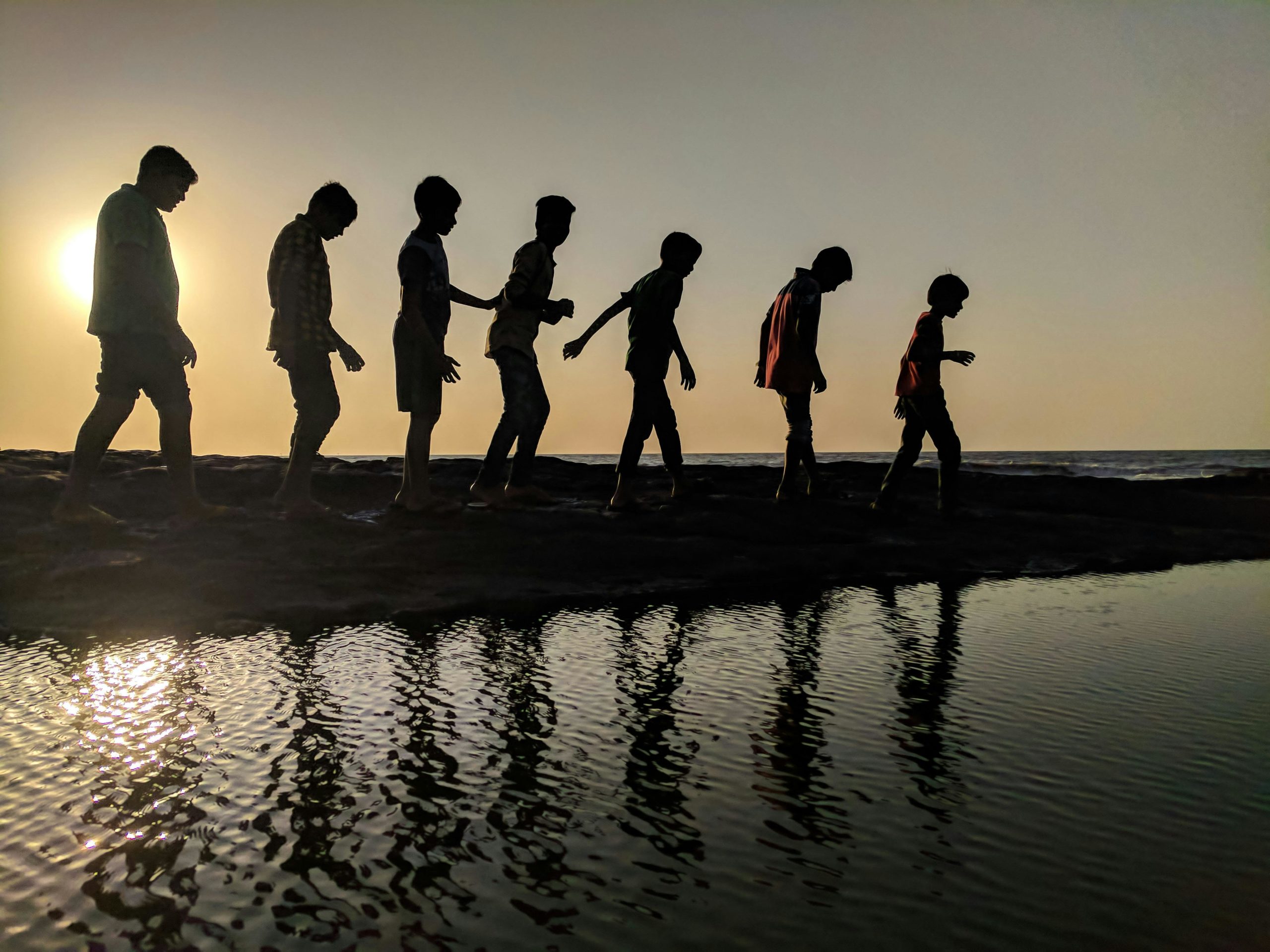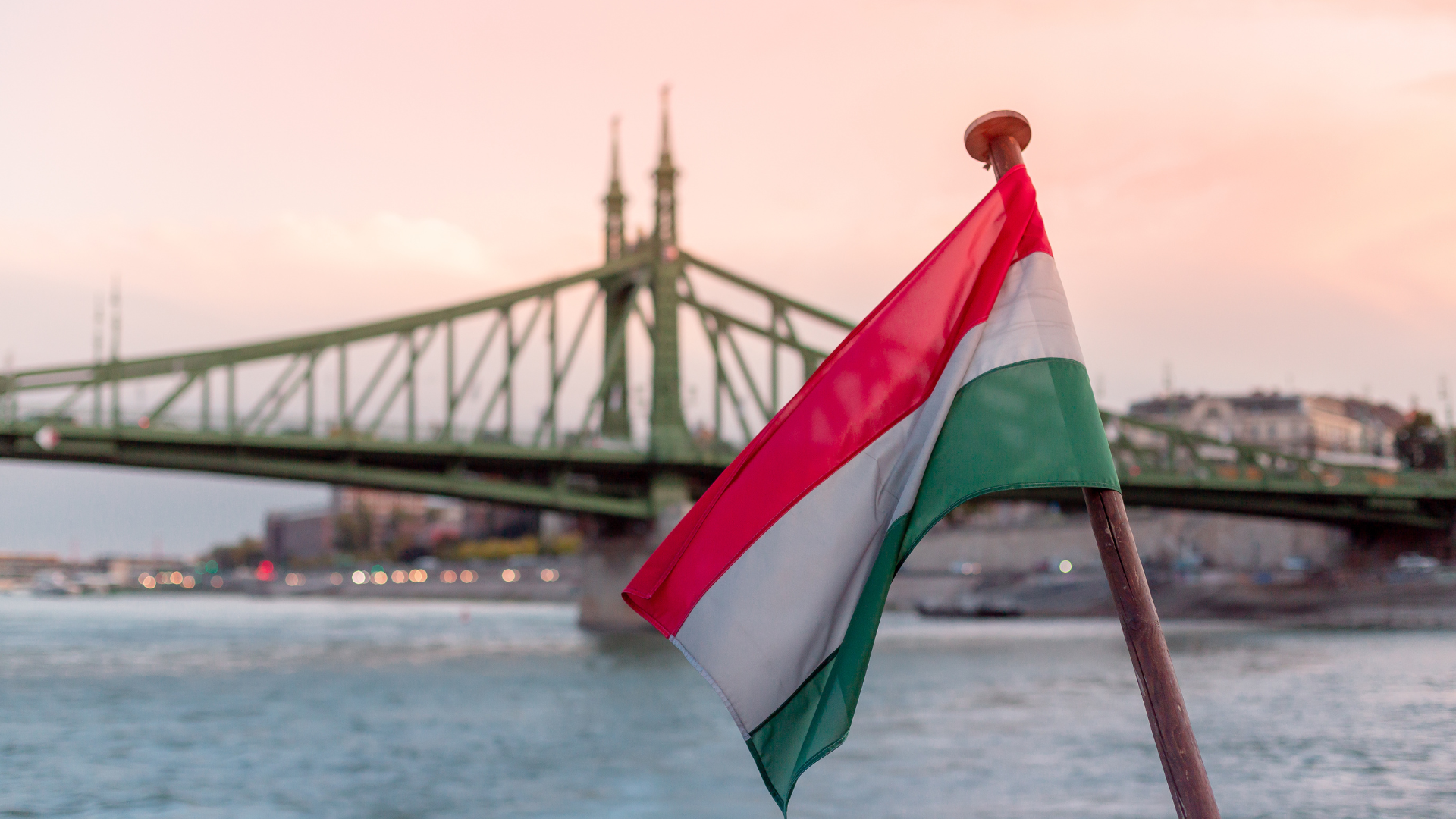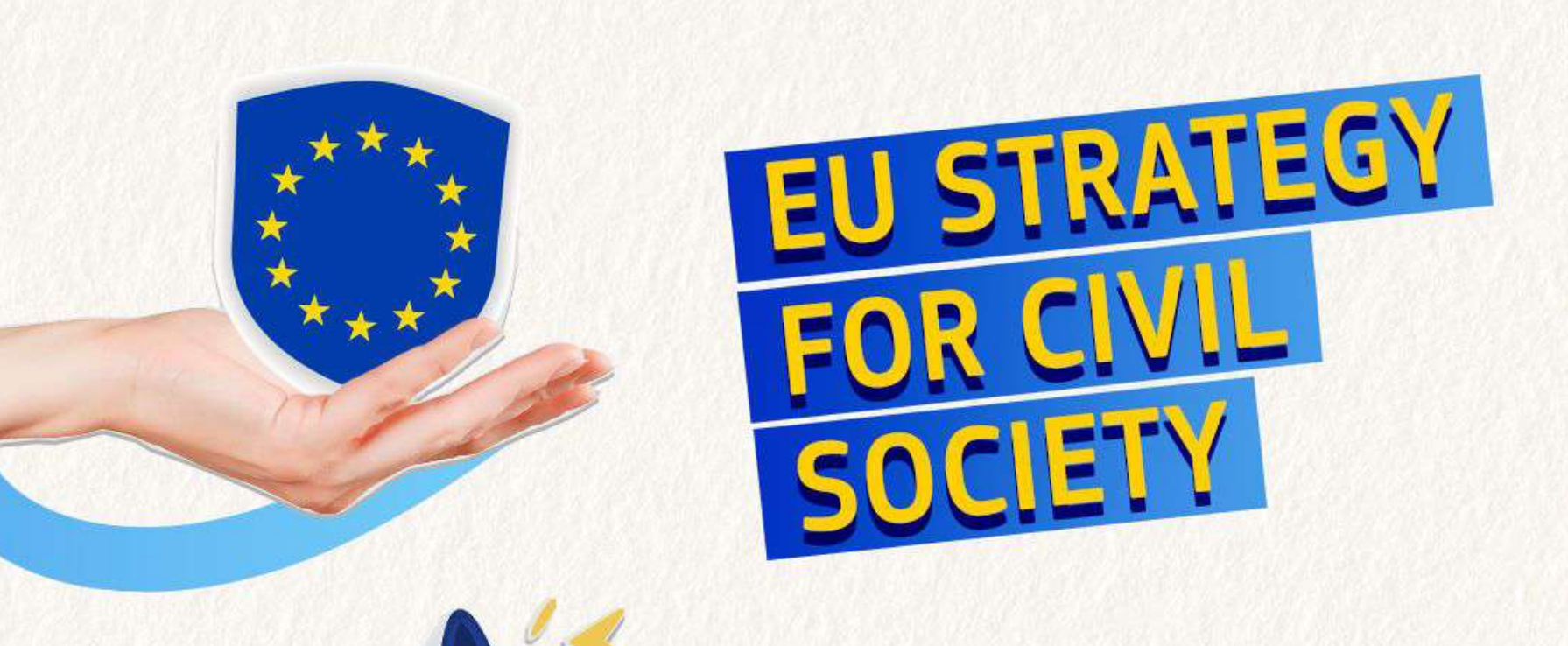Funding Crisis: A Child Rights Crisis
Blog by Eurochild Secretary General Sabine Saliba on how the defence of child rights is not separate from the defence of democracy; it is central to it. Across Europe, child rights organisations are under threat from shrinking funding, political hostility, and anti-rights movements, putting both children’s wellbeing and democratic values at risk.
What kind of world do we want our children to grow up in?
One where their rights, to protection, education, care, and participation, are respected and upheld? Where every child, regardless of background, can thrive in a society that values their voice and dignity? Where the systems designed to defend their rights are supported, not dismantled? Or are we moving toward a Europe where those rights are treated as optional, where support systems are collapsing, civil society is under attack, and children’s rights are no longer politically guaranteed, but up for debate?
This is not a hypothetical question. It’s a reality unfolding across the world, including in Europe. And it’s the reason we at Eurochild have launched a new campaign to fight back against anti-rights movements and the funding crisis hitting child rights organisations.
Civil society organisations (CSOs) have long served as a critical component of the social safety net, providing services, filling institutional gaps, and defending the rights of marginalised communities, including children. In moments of crisis, it is these organisations that step in to ensure access to housing, healthcare, education, and protection. But today, that safety net is starting to unravel.
A combination of shrinking financial resources, growing administrative burden, and increasingly hostile political environments is placing unbearable strain on child rights organisations. In many cases, the very existence of these groups is under threat.
This is not merely a budgeting issue. The consequences are immediate and far-reaching: when civil society is weakened, families lose access to critical support systems, vulnerable children are left unprotected, and entire communities are pushed further to the margins. What is at stake is not just organisational survival, it is the ability of our societies to respond with care, dignity, and equity to those most in need.
A global trend with local consequences
While the US has grabbed headlines with drastic aid cuts under its new administration, Europe is not immune. Across the continent, we are seeing what some are calling “Trump-inspired” policies targeting NGOs.
- In Hungary, child rights organisations have been labelled as “foreign agents” and accused of political interference. A new bill could allow massive fines and surveillance of groups receiving foreign support—including EU funds.
- In Bulgaria, new laws ban any mention of non-traditional gender identities in schools and target civil society through “foreign agent” proposals and media smear campaigns.
- In Spain, far-right political campaigns have scapegoated unaccompanied migrant children and even suggested withdrawing from the UN Convention on the Rights of the Child.
These attacks are not isolated. They are part of a growing anti-rights movement that seeks to dismantle civil society, restrict freedoms, and redefine child and family rights through a narrow, exclusionary lens.
The consequences for children are real
The impact of shrinking civil society space is not abstract. It is felt most acutely by the children who rely on these structures for the protection of their rights, participation, and well-being. Funding cuts and political hostility will lead to the erosion of services and support systems across Europe. The result is fewer safe spaces, fewer outreach programmes, fewer trained professionals, and fewer advocates working to uphold the rights of the most marginalised: children living in poverty, children with disabilities, Roma children, LGBTQI+ youth, and those displaced by conflict or seeking asylum. These children are not only underserved—they are increasingly unprotected.
When non-governmental organisations are silenced or defunded, it is not only the organisations themselves that suffer. It is the children and families they support who are left without a voice, without recourse, and without the protection they are entitled to under international and European law.
This weakening of child rights infrastructure occurs at a time when political discourse in Europe is shifting decisively towards security and defence. As budgets are redirected to military preparedness and border control, children’s rights are often relegated to the background, absent from discussions on fundamental rights and democratic resilience. Yet children’s rights are not separate from these debates. They are at the heart of them. Ignoring them weakens our democratic fabric and leaves a generation exposed to harm that could and should be prevented.
To understand the scope of the crisis, Eurochild and partners—including Child Rights Connect, CRIN, DCI, ECPAT, Children of Prisoners Europe, and Learning for Wellbeing—conducted a global survey with over 200 child rights organisations. The results were sobering:
- Only 0–25% of funding for most child rights organisations is unrestricted, meaning they can’t adapt to emergencies or sustain long-term work.
- Organisations face rising administrative burdens and invite-only donor processes, locking out smaller or grassroots groups.
- Many report increased scrutiny and political pressure, especially for those receiving EU funds through the CERV programme or similar mechanisms.
A Democratic and Rights-Based Crisis
Let us be clear: when civil society organisations defending children’s rights are discredited, defunded, or excluded from decision-making, the consequences extend far beyond the sector itself. What is at stake is the integrity of our democratic systems and the enforceability of fundamental rights.
NGOs are often the only actors consistently advocating for the most vulnerable children, those living in poverty, in institutions, in migration, or on the margins of mainstream society. These organisations not only provide essential services, but also hold governments accountable, generate data, monitor violations, and bring children’s voices into public debate. When they are targeted-labelled as “foreign agents,” accused of being politically motivated, or pushed out of funding schemes, entire accountability mechanisms begin to break down.
Children are not passive beneficiaries of charity; they are rights-holders, entitled under international law to care, protection, education, and participation. When civil society is weakened, it becomes harder for these rights to be realised. Fewer violations are documented. Fewer remedies are pursued. Fewer children are heard.
This is not merely a question of administrative policy or donor priorities. It is a systemic erosion of democratic checks and balances, where power becomes less transparent, participation is restricted, and social progress is stalled. If we allow the normalisation of political hostility toward child rights organisations, we risk cultivating a Europe where children’s rights are treated as optional, marginal, or ideological.
So what now? In response to these growing threats, Eurochild is stepping up.
This is why Eurochild has launched its campaign to fight anti-rights movements across Europe. We’re building alliances with other movements, including women’s rights, disability rights, and LGBTI organisations, to push back against the shrinking space for civil society.
We are also calling for:
- More sustainable funding models that include core, flexible, and long-term support;
- Protection mechanisms for child rights defenders and civil society actors at risk;
- Reforms to EU funding instruments, so that they are accessible, transparent, and aligned with the needs of grassroots organisations;
- A strong European narrative that reframes family and protection in inclusive, democratic terms.
The EU is heading into a new political cycle. Budgets are being revised. Priorities are shifting toward defence and border security. But real security means investing in children, in care, in communities. It means making sure NGOs have the resources—and freedom—to do their work. It’s time to push back. Because if we let this trend continue, we’re not just losing funding—we’re losing the values that hold our societies together.
For further information
- Listen to our podcast episodes on the attacks on civil society and on shrinking funds for NGOs.




